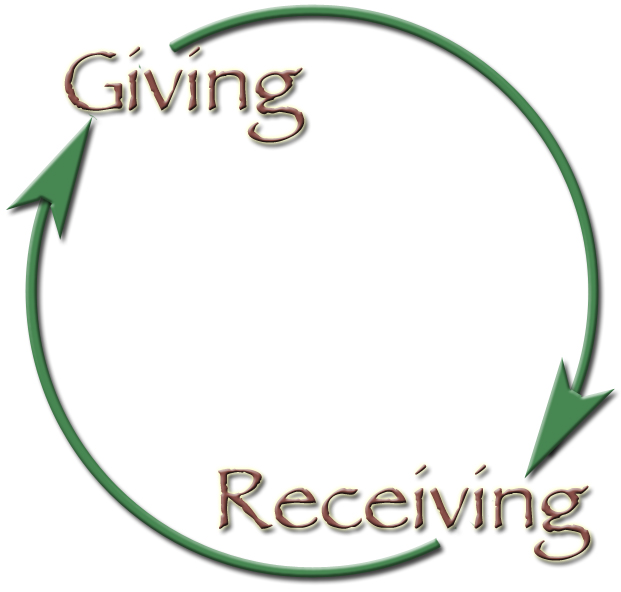Nothing stays the same forever. Dynasties come and go, fortunes come and go. Economies go up and down and so do interest rates. How do we protect ourselves from the changes and ensure that we will have what we need?
This week’s Parsha, Ki Sisa, starts with instructions for Moshe to count the people by everyone giving a half shekel for the Mishkan (Tabernacle). The Hebrew word for and they shall give, is וְנָ֨תְנ֜וּ . The spelling and cantillation of the word provides us with insights into the proper attitude we should have for giving. The Baal Haturim points out that the word is a palindrome, it reads the same both forwards and backwards. This is to teach us that when we give Tzedakah, whatever we give will come back to us and we will not lose anything because we gave.
The Vilna Gaon takes it a step further. He says the “trop”, the cantillation for when you read the Torah, is a Kadma V’azla. The word Kadma means to be in front, V’azla is to go. The Talmud records that Rav Chiya used to tell his wife “when a poor person comes, be sure to give him food quickly so that he will treat our children in kind.” His wife was upset by this comment. “Our children don’t need handouts. Why are you implying they will?” He answered that a person’s financial status is always subject to change and it is cyclical. One generation may be wealthy or poor and the next generation may be the opposite. We don’t know what our children’s status will be or what this poor person’s status will be. If you provide for him now, he will return the favour if our children are in need. The Kadma V’azla is teaching us to give Tzedaka first. Get out in front and give, and it will come back to you. The trop and the palindrome both teach us that it comes back. This lesson is not limited to giving money. It also applies to giving of your time and your expertise. Rabbi Moshe Feinstein ruled that just as a person should give 10% of their earnings to charity, so too should one give 10% of their time. Just as Hashem promises that one who gives Tzedakah will only gain and not lose, so too one who gives of their time will only gain and not lose.

We all have something to give. Some of us can provide financial support, some of us can provide our time and efforts, and some of us can do both. The more we give, the more we receive.
Shabbat Shalom,
Rabbi Shaps and the JET Team

